BY POJU AKINYANJU
When Rasheedat Adesina got called to the Nigerian Bar in August of this year, her ordeal and courage in confronting persecution at the University of Ilorin (UNILORIN) were brought to the fore again. What was not known to some of us who were close to the struggles of Rasheedat, because we do not place important stock by it in our relationships, is her town of origin. That she came from Ilorin, the same as the marauding vice-chancellor (VC), Shuaib Oba Abdulraheem, is significant and underscores Rasheedat’s strength of conviction. The first thing the VC did on assumption of duty at the university was to mobilise the Ilorin town against the university community that he met. The Ilorin elites and leaders uncritically lined up behind him, their son, publicly. For a youngster to dare such formation in Nigeria is an exemplary act of courage. No doubt severe pressure would have been put on her and her parents on this account.
The experience of Rasheedat at UNILORIN was not a solitary one from the period of that vice-chancellor at the University of Ilorin. Indeed it was not the first one in the tyrannical reign that was instituted in 1997. The broad goal of VC Abdulraheem was to destroy the progressive forces on campus as individuals and their organisations: staff unions and their individual members; non-governmental organisations and even people of faith who disagreed with him. It was a rampage.
Among the staff and students targeted for victimisation, there were 3 types of responses: those who were cowed and succumbed; those that resisted, were damaged and slunk away to nurse their hurt in private; and those that refused to be intimidated and chose to fight back. This article is about the last group. Result seizure was one of the instruments of oppression employed by VC Abdulraheem against students including staff and uncompromising journalists who were also students of the University.
Advertisement
The very first victim in this category was Victoria Oyalana. (degree withheld for about 2 years). Victoria Oyalana had passed her final year examination in Law in 1999. She had her result seized on the allegation of impersonating her sister in an examination external to the university. She was traumatised. According to uncontroverted averments in her affidavit in court, she was physically assaulted by university security men to the extent of tearing her brassiere. The VC and cohorts rejected the advice of the Law faculty that they do not have the powers they were exercising in seizing her results. She sought remedy at the high court which found in her favour by ordering her result released and awarded her damages worth N3, 255,000.00. Enforcement of the judgment was done and eight university vehicles were seized for a period by the court bailiffs. The case was appealed at the supreme court where a notice of appeal was filed. The university subsequently, in an out of court settlement, awarded the degree to Oyalana and negotiated to pay N350, 000.00 which it did via Trade Bank cheque no 32131140010/3800156101 of Jan. 23, 2002. Oyalana’s lawyers explained that they acceded to the reduced amount such that her degree will not be held hostage for the prolonged period that appeals last in Nigeria. Subsequently, at the apparent instigation of the university, the police commenced criminal prosecution of Oyalana. She died in a motor accident on one of her trips to attend the court on the matter from her NYSC post.
Rasheedat Adesina and S. Lanre Akinola (degrees withheld for 14 years) were students of Industrial Chemistry and Statistics respectively of the faculty of science. They were also serially persecuted for their political activities and known sympathy for ASUU causes. Despite the intervention of the President of the Republic, the powers that be at Unilorin under the leadership of Prof. Abdulraheem seized their results. They both headed for the courts. The university appealed the case up to the supreme court where the duo won in 2014, some 14 years after they ought to have been awarded their degrees. Punitive costs were awarded against the university.
Tosin Akinrogunde (degree withheld for over 5 years). He was a politically active medical student. On account of a student protest against the increase in school fees in 1999, he was serially victimised. He was prevented from writing his examinations, suspended, rusticated, prosecuted in court, and finally had his result seized. He won his case at the high court and the court of appeal. The university appealed to the supreme court. The justices of the SC were so angry at the university’s attempt to destroy the life of a young man that they gave a summary judgment when the hearing was for the case to be accelerated. After a delay of over 5 years, Akinrogunde was finally awarded his degree. He did not ask for damages.
Advertisement
The apologists of VC Abdulraheem and the administrations which succeeded him and sustained the injustices visited on the students say that the matters were disciplinary and not victimisation. This excuse is shown to be invalid by statistics: over 90% of those politically victimised (staff and students) by VC Abdulraheem were vindicated by the courts which ordered the restoration of their rights. It would be appropriate to find out what these courts as impartial arbiters say. It should be borne in mind that the standard position of the courts as laid down by the supreme court is that courts should not interfere with the authority of universities to award their degrees unless glaring injustice is involved.
Femi Dunmade and Demola Jolayemi (degrees withheld for over 13 /12years respectively). In the heady days of ‘kill ASUU by all means’ of Obasanjo/Salisu Ibrahim/Oba Abdulraheem, anybody and anything was fair game. Statutes and institutional norms were assaulted and thrown overboard. The aim of the 3-man tag team was to completely annihilate their perceived enemies. This was the environment of not only taking the jobs of Dunmade and Jolayemi away but also denying them their degrees. Mercifully, as rickety and prone to power influence as our judiciary is, these victims of maladministration at Unilorin were able to obtain some remedy. The courts ordered the obstacles put in the way of Dunmade and Jolayemi be removed to allow them to obtain their degrees. Punitive costs were awarded against the university.
V.I.OYALANA v. UNIV OF ILORIN, VC UNILORIN, SENATE UNILORIN & ONE OTHER (Judge J. T. Tshoho, FHC, Ilorin – FHC/IL/M5/2000)
Ordering the university to release Oyalana’s seized result, the judge said: “On the conduct of the parties, it is my considered view that the Respondents [the University] have exhibited undiluted arrogance and gross indifference with regard to the applicant’s case. From all indications… , it is clear that the respondents have acted with impunity. The applicant has found herself helpless before these powerful forces and has taken recourse to the rule of law for remedy against the rule of might. In the circumstance, it is desirable to award substantial damages in the hope of dissuading the respondents from further or continued use of raw power”(p13)
Advertisement
UNIV. OF ILORIN v. TOSIN AKINROGUNDE (Dahiru Musdapher JSC – SC. 202/2005)
“This is a useless appeal, it seems the appellant are all out to persecute the respondent.”
UNIV. OF ILORIN v. STEPHEN AKINOLA (Justice C. Nnamani FHC, Ilorin reviewed with approval by T. Abdulahi JCA – CA/IL/53/2006). All FWLR 2008 pt 413, 1218.
“A very close look at exhibit B… exhibit A2, exhibit H… reveals incoherent, insincere, vague, evasive, confusing and contradicting statements regarding what the true offence or reason for withholding of the plaintiff’s result is. As has been severally pointed out, the defendant being an institution of learning particularly a university should and must be governed by men of impeccable character and learning: men whose sense of justice and fairness is of very high standard. In that vein, one expects the defendant university to be direct, frontal and positive in letting the plaintiff know the case against him- that is why his result is being withheld. Instead, they went about playing a cat and mouse game with the plaintiff’s legal and constitutional right…’’
Advertisement
UNIV. OF ILORIN v. RASHEDAT ADESINA (I.I. Agube JCA – CA/Il/54/2006). All FWLR 2009 Pt 487, 56.
“With due respect, I am of the candid opinion that cases like Magit v University of Agriculture Markurdi and Akintemi v Onwumechili ought to be revisited in view of the tendency of authorities of the ilk of the University of Ilorin to abuse the powers conferred on them by the statutes creating them, thereby causing their members untold hardships.”
Advertisement
DUNMADE v. UNIV OF ILORIN (Judge Bilikisu Bello Aliyu FHC IlorinFHC/IL/CS/15/2008).
“That stand of the University is not only an afterthought but it is oppressive because other students who overstayed like the plaintiff were awarded their Ph.D. as shown in our review of the documentary evidence earlier’ (p 50)
Advertisement
“The sum of – million is awarded the plaintiff as exemplary damages for the wrongful and oppressive manner in which the defendant deprived the plaintiff of his PH.D. degree till date. (p52).
JOLAYEMI v. UNIV OF ILORIN ( Judge Bilikisu Bello Aliyu FHC IlorinFHC/IL/CS/14/2008).
Advertisement
“In these circumstances, I am of the view that the issue of overstay is an afterthought and the excuse the University hold on to as the reason for not allowing the plaintiff to conclude his program. This is oppressive having regards that none of the cause of delay was of the plaintiff’s making (pp52-53).The University of Ilorin’s failure , neglect or refusal to re-constitute examination panel to examine the plaintiff on his Ph.D. thesis submitted to it since 2001 to date is declared oppressive …(p54).”
Clearly, as the courts have indicated, the denial of degrees by the university is a systems failure. The vice-chancellor should not be able to single-handedly visit this degree of injustice on the students. But he did. The university system is run on the committee system peaking with two powerful committees — the senate and council. All these committees failed. They gave in to the tyranny of the VC. Senior academics lost their voice in the senate and some of them went to court to perjure themselves. The senate made up of all professors in the university acquiesced to injustice which the courts so easily and unanimously perceived. Are professors so inferior to high court judges in their reasoning capacity?
Many factors can explain the jejune response of the professors but none can do them proud. The council also failed spectacularly. At a stage, it was reported that council asked the senate to “take another look” at these seized results. The senate did not and the council did nothing leaving the injustice to endure. The universities have another auditing system in the power of the visitor to review the activities of the universities periodically regularly or on an ad-hoc basis as the situations demand. These cases of denial of degrees went before the panels sent by the visitor. The panels took representations from the victims but never made recommendations. In the case of Rasheedat and Lanre, a special visitation panel (committee on politically victimised students) made recommendations to the university which the VC refused to give effect. The visitor did nothing in response to the vice-chancellor’s obduracy. When all controls are compromised or overrun, tyranny gets a field day.
The unions also did not do well in this instance. One of the planks on which the VC hung his impunity was that the students have no right to participate in the struggle against fee increase that was ordered by their national association. Indeed officers of NANS who came to supervise the protest were railroaded into jail and were there for 30 days. Yet NANS didn’t play any significant role in the decades-long struggle of the students. The union of academics was also remiss in this situation. Apart from the fact that two of the victimised students were her active members which was the reason they were targeted for victimisation, the union didn’t see a duty to vigorously challenge this generic infraction committed at the university. Unions have a duty to show more sensitivity to broad issues of rights and adherence to laws and regulations in and outside of their narrow professional goals and immediate constituencies.
Another issue arising from the anomalous behaviour of the University of Ilorin is class obduracy and reward system. The tyranny at Unilorin thrived in the environment of hate for and attack of academics by then President Olusegun Obasanjo. He took the Unilorin staff and students hostage in his fight with the union of academics. Furthermore, the sustenance of impunity was a function of Nigeria’s political system’s desire to subdue, control and undervalue the importance of the academies. It is true that all the students’ victimisation recorded here and many others were initiated by Shuaib Oba Abdulraheem but many succeeding vice-chancellors: Shamsudeen Amali, Ishaq Oloyede and Abdul Ganiyu Ambali continued to sustain the injustice and employment of public funds in the persecution of the students put in their care.
Also, the governing council of the university chaired in succession by Salisu Ibrahim, Ayo Banjo and Chukwuka Okonjo (a military general, former vice-chancellor, and an internationally reputed economics professor, respectively) also allowed injustice to fester. A major problem that is militating against national development is the system of leadership recruitment. All the personnel who were involved in the victimisation of these students have been rewarded with other appointments. One became vice-chancellor of another university. Others were appointed as chief executives of important national agencies. In rational societies, such persons who superintend institutions that have been so condemned by the courts will never be appointed to other such or even more powerful positions. Public accountability demands no less if the nation will make progress. There should be a basic code to govern the behaviour of public officials.
One other issue is the cost to the nation. The nation loses out on the contribution that these students would have made to the nation for the years that their degrees were withheld from them. There is also the cost to the individual students: their career and life plans. In addition to the humongous legal fees the university paid counsels, monetary awards running into millions were also made to some of the students from public purse. The vice-chancellors who caused all these did not pay a kobo. They suffered no loss instead as noted earlier they were rewarded with other appointments. Another important implication is that such tyrannies are designed to scare the students into becoming zombies deprived of their youthful zest and energies. And in this, the tyrants have succeeded. That is why in the face of the ongoing national catastrophe, our students and their organisation are found missing in action. The moral of the story inputted into national consciousness by the ruling class is that it pays to run the system in a tyrannical way. However, with the examples of Rasheedat and co, a counter consciousness has surfaced that tyrannies can be resisted and defeated.
Poju Akinyanju, PhD, can be reached via [email protected]
Views expressed by contributors are strictly personal and not of TheCable.
1 comments
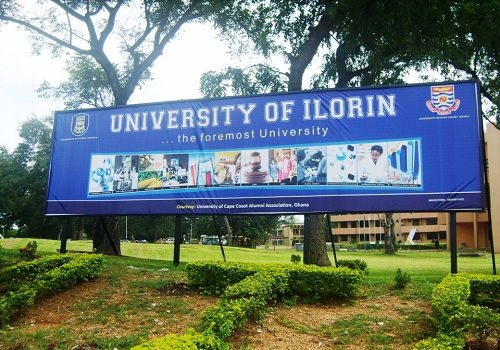
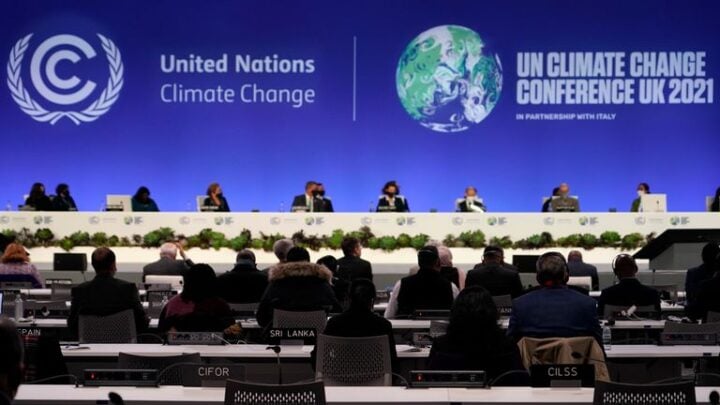
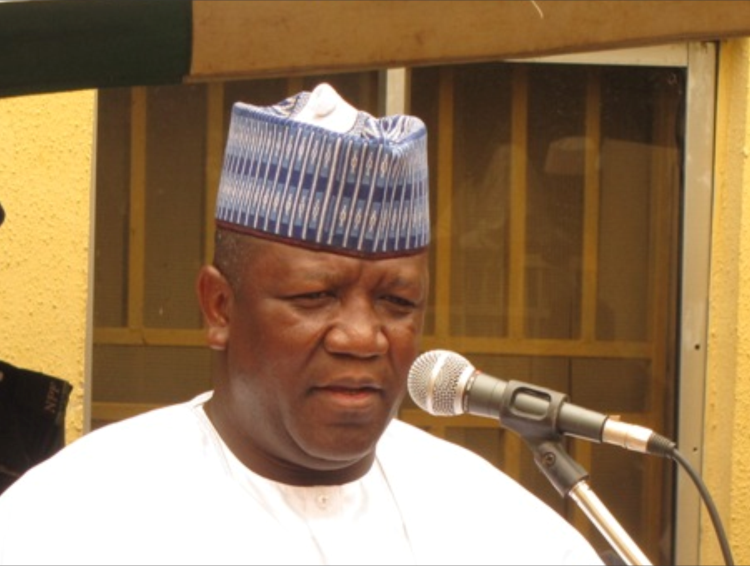
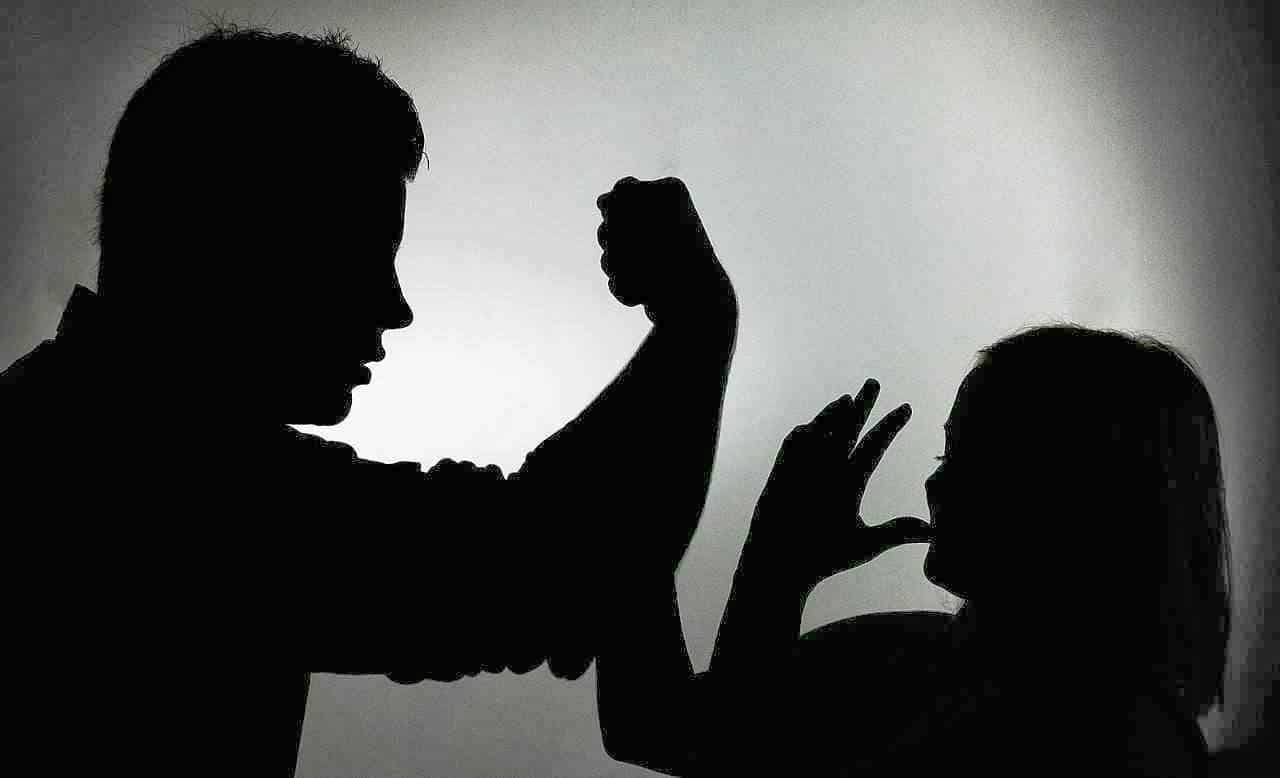
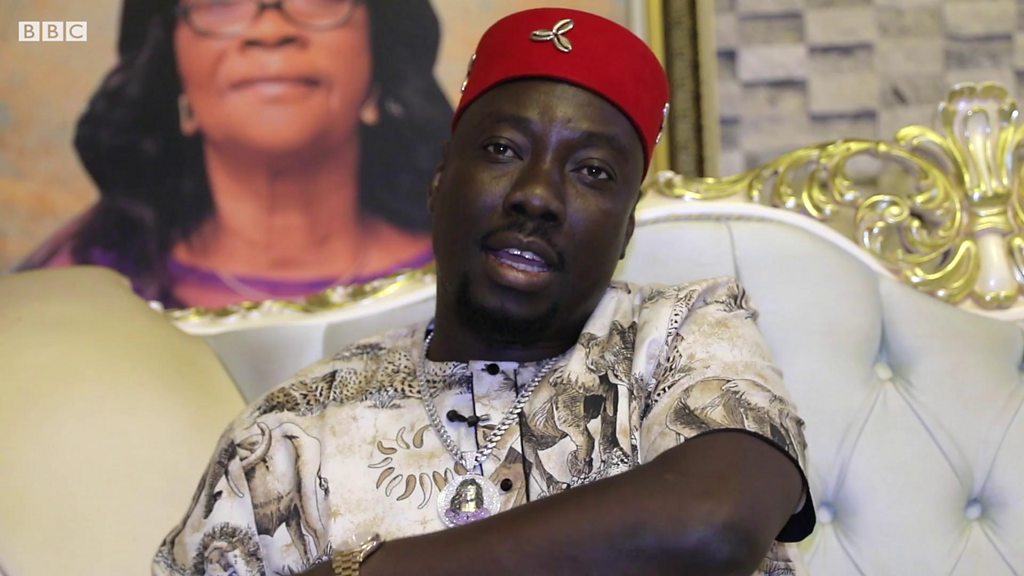
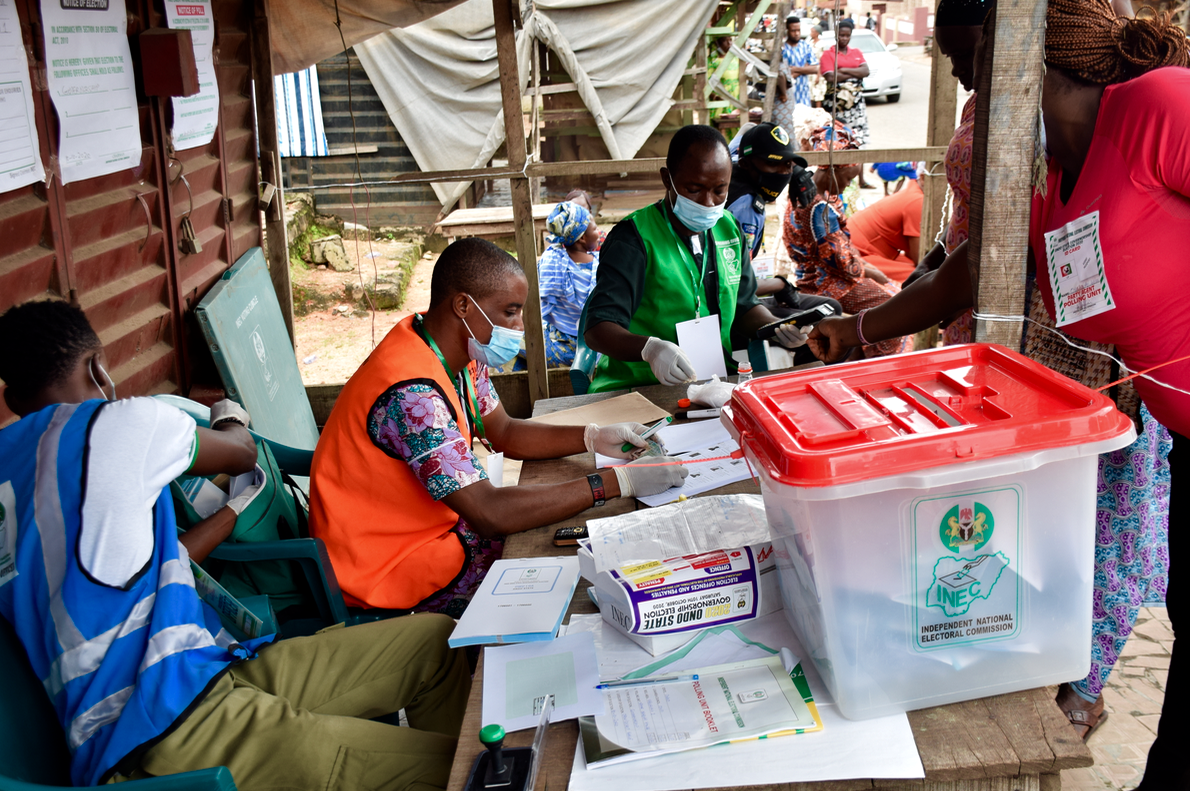
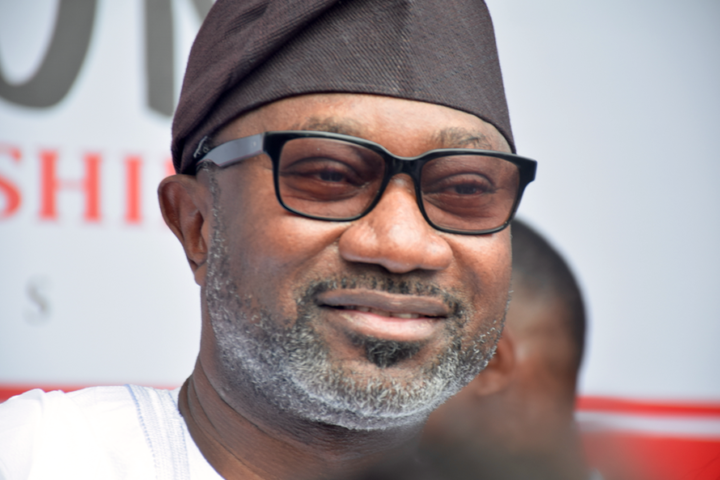
Nice piece – the truth remain: “the evil that men did definitely live after they left! A storyline on Prof Oba at UNILORIN